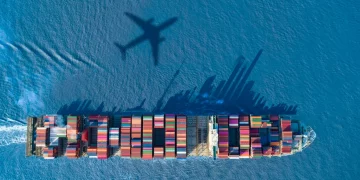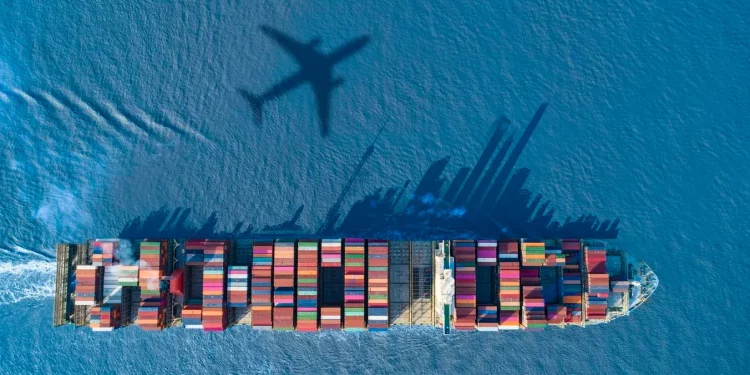The logistics industry is an ever-evolving landscape, and as we step into 2024, it brings forth a new set of challenges that demand strategic foresight and innovative solutions. From technological shifts to global disruptions, here are the top 10 challenges that logistics professionals are gearing up to face this year.
- Supply Chain Disruptions: Global supply chains are susceptible to disruptions, be it natural disasters, geopolitical tensions, or unexpected events like the ongoing global pandemic. Managing and mitigating these disruptions is a top priority for logistics, requiring agile strategies to maintain operational continuity.
- Evolving Technology: While technological advancements present opportunities, they also pose challenges. Logistics professionals must adapt to emerging technologies like Artificial Intelligence, Internet of Things (IoT), and blockchain, ensuring seamless integration without compromising data security or facing resistance from traditional systems.
- Sustainability Imperative: With increasing environmental concerns, the logistics industry is under pressure to adopt sustainable practices. Reducing carbon footprints, optimizing routes for fuel efficiency, and implementing eco-friendly packaging are critical aspects that demand attention to meet evolving environmental standards.
- Labor Shortages: A shortage of skilled labor continues to be a pressing challenge. As the demand for logistics services grows, attracting and retaining qualified personnel becomes crucial. Investing in training programs and embracing automation technologies can help bridge this gap.
- E-commerce Explosion: The surge in online shopping has redefined the logistics landscape. Coping with the volume and speed of e-commerce deliveries, especially during peak seasons, requires robust infrastructure, efficient last-mile delivery solutions, and enhanced order fulfillment capabilities.
- Regulatory Compliance: Navigating the complex web of regulations, especially in international logistics, is an ongoing challenge. Adhering to customs regulations, trade agreements, and industry-specific compliance standards is imperative to avoid delays, fines, or reputational damage.
- Data Security and Privacy: As logistics becomes more reliant on digital systems, the protection of sensitive data is paramount. Cybersecurity threats pose a constant challenge, requiring investments in robust IT infrastructure and stringent security measures to safeguard against data breaches.
- Urbanization and Last-Mile Logistics: With the increasing trend of urbanization, the demand for last-mile logistics solutions in densely populated areas surges. Managing congestion, optimizing delivery routes, and implementing innovative last-mile technologies become critical to meet customer expectations.
- Rising Transportation Costs: Fluctuating fuel prices, global economic shifts, and capacity constraints contribute to rising transportation costs. Logistics providers must find ways to optimize routes, embrace fuel-efficient technologies, and negotiate favorable agreements to counteract the impact on the bottom line.
- Customer Expectations: In the age of instant gratification, meeting and exceeding customer expectations is a perpetual challenge. From faster delivery times to real-time tracking, logistics companies must continually innovate to provide a seamless and satisfactory customer experience.
As logistics professionals confront these challenges in 2024, the key lies in adaptability, innovation, and a proactive approach. Embracing technological advancements, prioritizing sustainability, and fostering a resilient supply chain will be crucial in navigating the complex and ever-changing logistics landscape.























